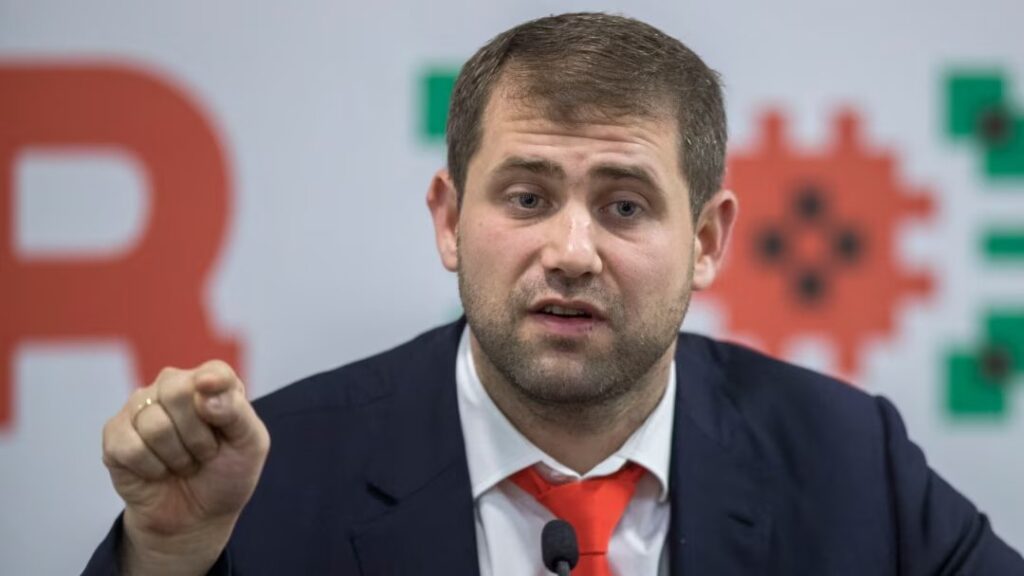Meet the fund managers: Launching the new Hargreaves Lansdown Global Equity Income Fund
This week on meet the fund managers, investment reporter Elliot Gulliver-Needham sat down for an exclusive chat with Tom Wells and Ziad Gergi, managers of the new Hargreaves Lansdown Global Equity Income fund. The fund, which is due to start trading next month, combines three funds into one: Aegon Global Equity Income, Baillie Gifford Global [...]


This week on meet the fund managers, investment reporter Elliot Gulliver-Needham sat down for an exclusive chat with Tom Wells and Ziad Gergi, managers of the new Hargreaves Lansdown Global Equity Income fund.
The fund, which is due to start trading next month, combines three funds into one: Aegon Global Equity Income, Baillie Gifford Global Income Growth, and JPM Global Equity Income.
Why did you think now was a good time to launch the fund?
First of all, from an asset allocation perspective, we do think it’s important for our clients to have diversification.
A lot of our clients will have exposure to UK income as a strategy, and we think therefore global income is complementary to that.
From a timing perspective, income is also going to become more important to clients, as when you can earn five per cent on cash, there’s less of a desire for income strategies. But now, the Bank of England has started to cut rates.
Why shouldn’t investors just pick a passive income tracker?
With income as an investment style, passive isn’t necessarily always the best. There’s a very popular passive passive income strategy in the US called the S&P 500 Dividend Aristocrats that only includes companies that have grown dividends every year for the last 25 years.
On principle this is fabulous, but it’s very sector concentrated, with 25 per cent in consumer staples and 25 per cent in industrials.
In addition, some big companies that ordinarily you’d get passive exposure to, like Apple, didn’t pay a dividend until 2012, Microsoft didn’t pay a dividend until 2003, Meta didn’t list until 2000.
The construction of the index means that you don’t actually get exposure to some of the best companies in the world, and when we’re building this, we’re saying we want a global proposition, because we think it’s important to investors.
I think passive has a role in a portfolio. I think passive income doesn’t necessarily have a role in a portfolio.
When it comes to income, there’s an additional layer of analysis that is needed for the quality of the income, because just chasing dividends is not necessarily a winning strategy.
Sometimes it’s too high, and there’s an indication that its either not going to be sustainable, or there’s a high risk it’s going to be cut. It’s very difficult to capture this through a formula through a passive investment.
Why go for a blend of income funds?
We looked through all the global income managers in the world, and we’ve chosen who we believe are the three best by having three managers that have slightly different investment styles. So for instance, Aegon is a bit more value-focused. Baillie Gifford is a bit more growthy, and JP Morgan’s a bit more core.
So by taking three different investment styles and then blending them together, we believe that we can get a sort of more of an all style approach.
A lot of our clients will buy this as a one stop solution for global income. It provides it there by taking three different investment styles and putting it together for them.
How did we pick them? Historical performance is a part of it, but that definitely is not the only criteria. We look at how well they blend together, as well as do we think that they have the best investment process, resources and portfolio construction, to make sure the historical performance wasn’t just luck. We believe it’s actually skill.
We have skewed it a little bit, just because they have these different investment styles. Then we have blended them a little bit to make them more balanced overall, and then we’ve also used a bit of passive equity to manage some risk as well.
What’s the biggest changes in the industry you’ve seen in your career?
Tom: The trend I’ve noticed most is this sort of movement away from very UK-centric portfolios to more globally diversified portfolios.
In the US this year, the likes of Meta and Alphabet are now paying a dividend, and that really says a lot.
The fact that these technology companies, a lot of them, are now recognising that the importance of dividend, as well as share buybacks for clients and investors, is good for us, because when we’re building an income strategy, it means that our opportunity set is wider.
The way we build portfolios and think about portfolios has also become more sophisticated and risk aware.
Even since 10-15 years ago, the factors we take into account are more advanced than ever, using risk models that allow us to slice and dice the portfolio in a much more sophisticated manner.
Zaid: The rise of passives has also been a clear trend, and it leaves us with a larger toolkit to use. As active managers, we welcome this and it has been very helpful for us to be able to combine active and passive in order to provide better solutions to our clients.



